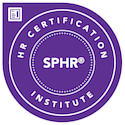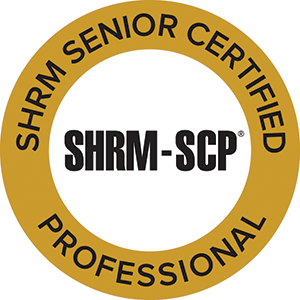You’ve been working with the people on your team for three years, and now suddenly you’re their leader. Are you excited? Of course. A promotion is a step in the right direction. And are you somewhat nervous? Absolutely. Moving from coworker to leader adds an extra level of stress to the challenge of any new position. Here are some tips that will help make your transition smoother.
Meet with the team. The formal announcement of your promotion should come from HR or your manager. As soon as it does, however, schedule a meeting with the team to talk about the transition and allow some open discussion about concerns or issues. This will be your earliest opportunity to establish some authority and credibility as the leader, so be careful not to let this meeting turn into a gripe session. Focus on talking about your leadership style, what your expectations are of them, and what they can expect from you. This is also a good time to share with the team your 90-day plan and what your leader’s expectations are of you.
Pace yourself. As a team member, you probably noticed a lot of things you’d like to change, given the opportunity. Don’t make big changes too quickly. Based on input from the team, consider some quick successes you can achieve to help establish your credibility and team confidence.
Step back. You’ve probably established some personal relationships among the team. As their leader, you’ll need to step back a bit to avoid the appearance of favoritism. This will be especially important if there was someone else on the team who wanted your position and may harbor some resentment. If you know that someone else on the team wanted the position or was being considered for it, make an opportunity to have a private discussion with them to acknowledge their value to the team and enlist their support.
Get training. Take advantage of any leadership development opportunities offered. Leading people has many rewards, and also many challenges. You can’t be expected to instantly know how to handle all of them. Leadership training and networking with other leaders will strengthen your ability to deal with issues as they arise.
Consider an executive coach. A coach can help you hone the particular skills you will need in your new role. Having outside support and constructive feedback from someone can help you grow as a leader and learn effective approaches to leading and developing others.
Ask for feedback. Let your team know that you believe in two-way communication and are open to hearing their positive and constructive feedback. Creating an environment of honest, open communication is one of the best ways to succeed as a manager.
Consider getting a mentorship from a Senior Manager within the company whom you trust. A mentor can serve as a sounding board as you encounter new experiences and challenges. They can give you suggestions on how to handle a given situation. They may also be able to provide you with sound advice and even access to resources.
Contact me for more information on leadership development and coaching. You can also read these articles for more information: Get the Best from Your Team – Be an Effective Coach, The Best Leaders Continue to Learn, Successful Leaders Listen More, Talk Less.


 As I wrote in my last blog, mentoring programs provide myriad benefits to mentees, mentors and organizations. There’s a specific type of mentoring program I’d like to discuss this time – Affinity Groups.
As I wrote in my last blog, mentoring programs provide myriad benefits to mentees, mentors and organizations. There’s a specific type of mentoring program I’d like to discuss this time – Affinity Groups. One of the most frequent comments that comes up on employee surveys is that employees want more opportunities for growth and development. And studies show that companies who provide those opportunities have more engaged employees, higher retention rates, and better business results.
One of the most frequent comments that comes up on employee surveys is that employees want more opportunities for growth and development. And studies show that companies who provide those opportunities have more engaged employees, higher retention rates, and better business results.
